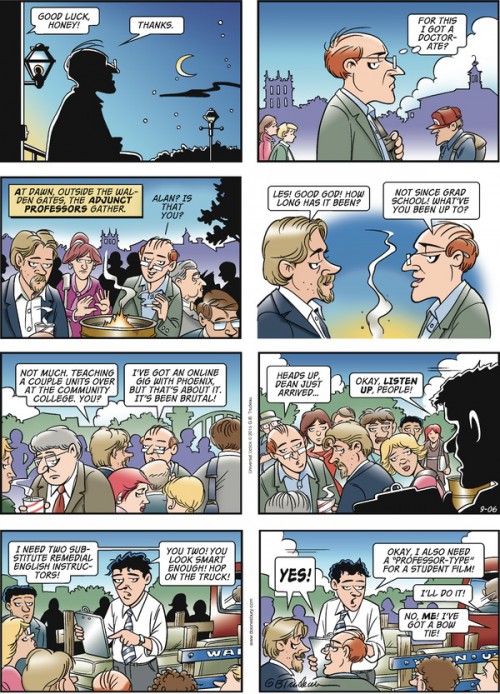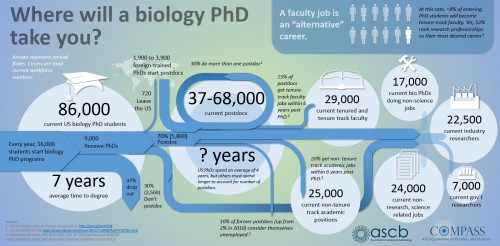You can read all the details, but the short version is that we’re looking to fill a full-time two-year position for someone to teach microbiology and molecular biology to undergraduates. You might not be enthused about a temporary position like this, but UMM is very highly regarded as a teaching institution, and if you’re looking to improve your prospects for biology teaching at the college level, our name will look really good on your CV…and we’re also committed to helping our hires improve their teaching skills.





